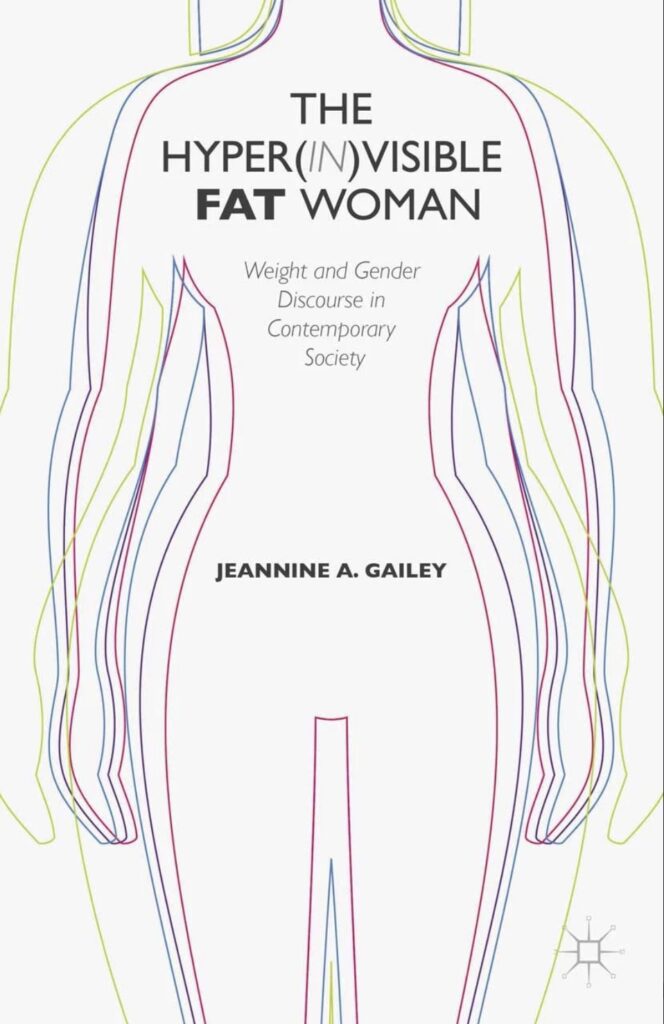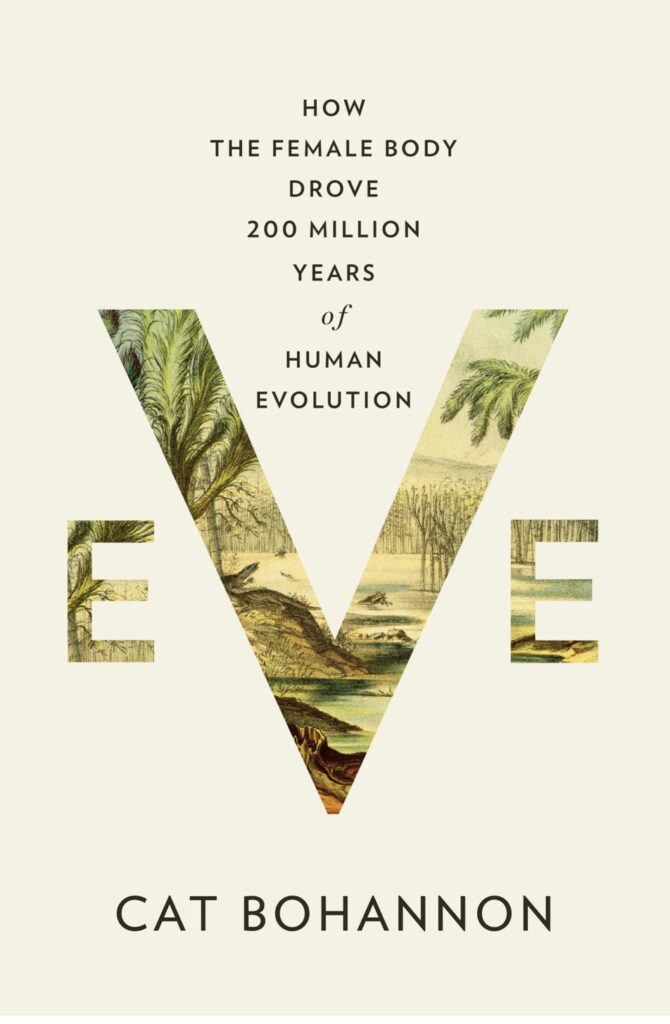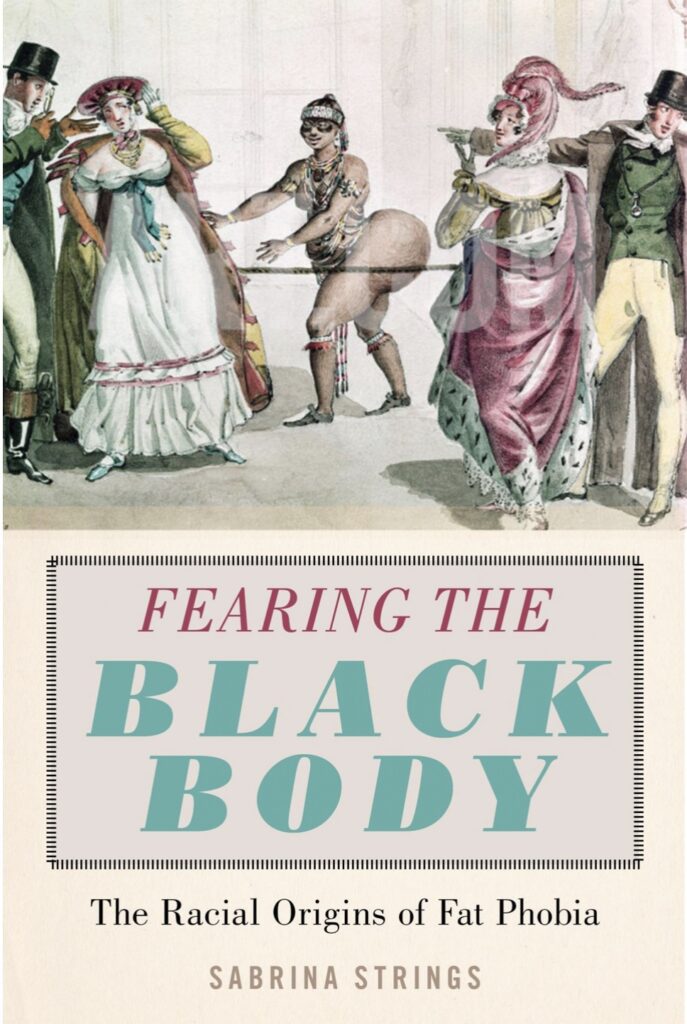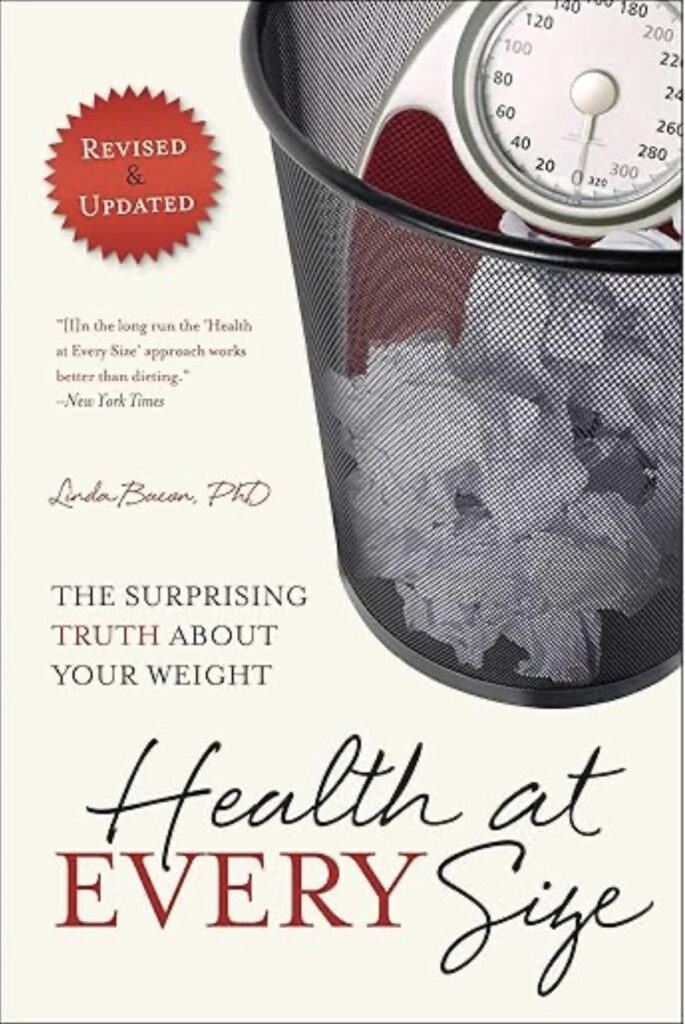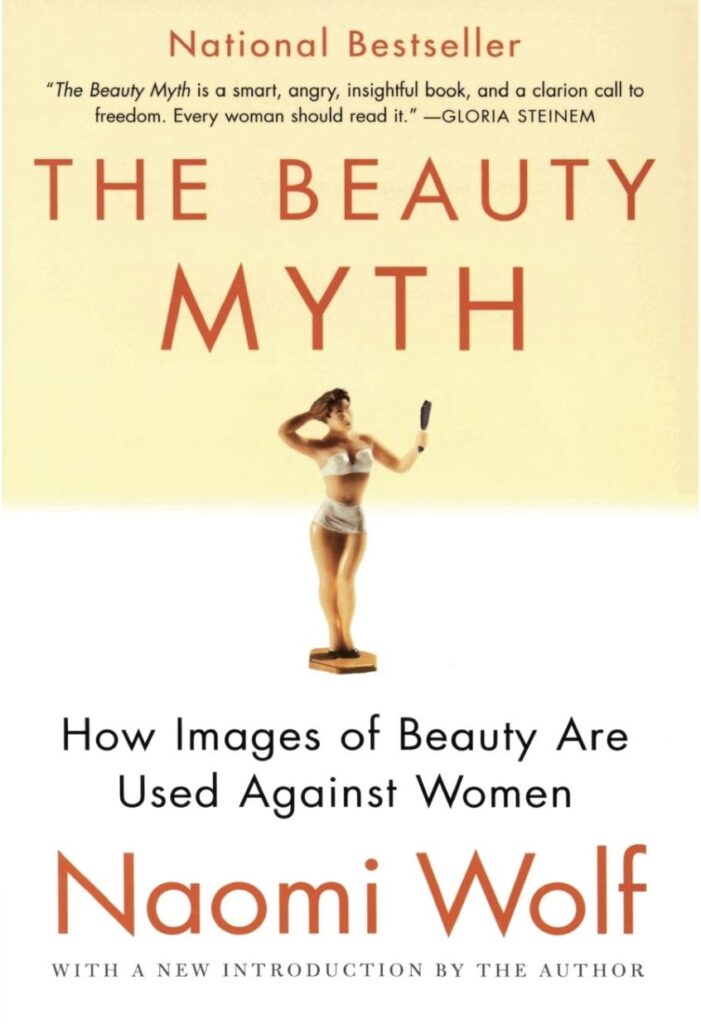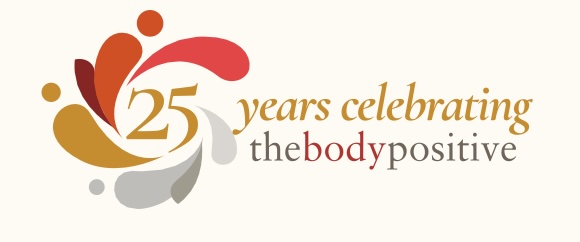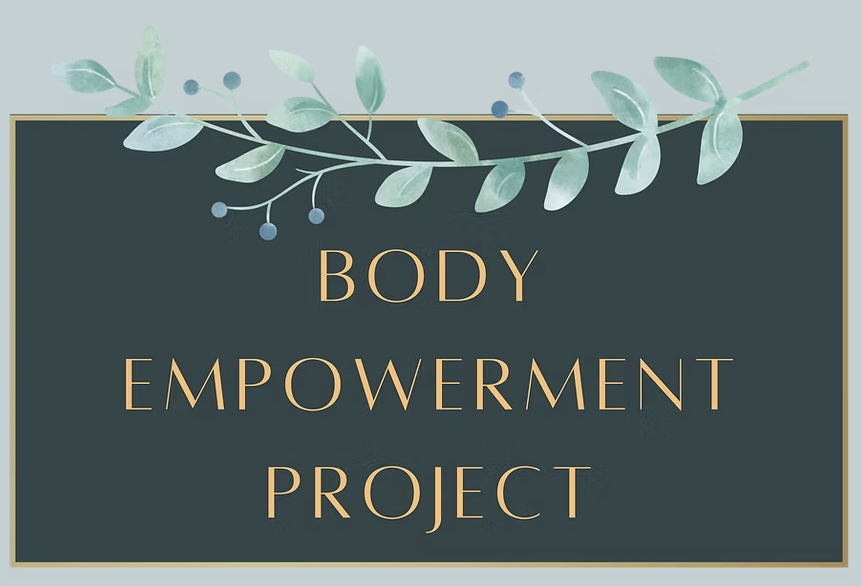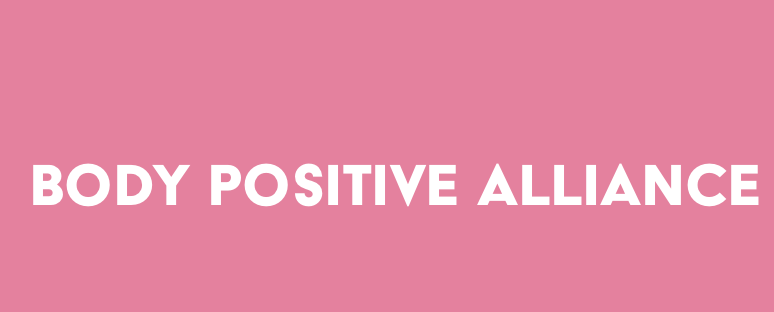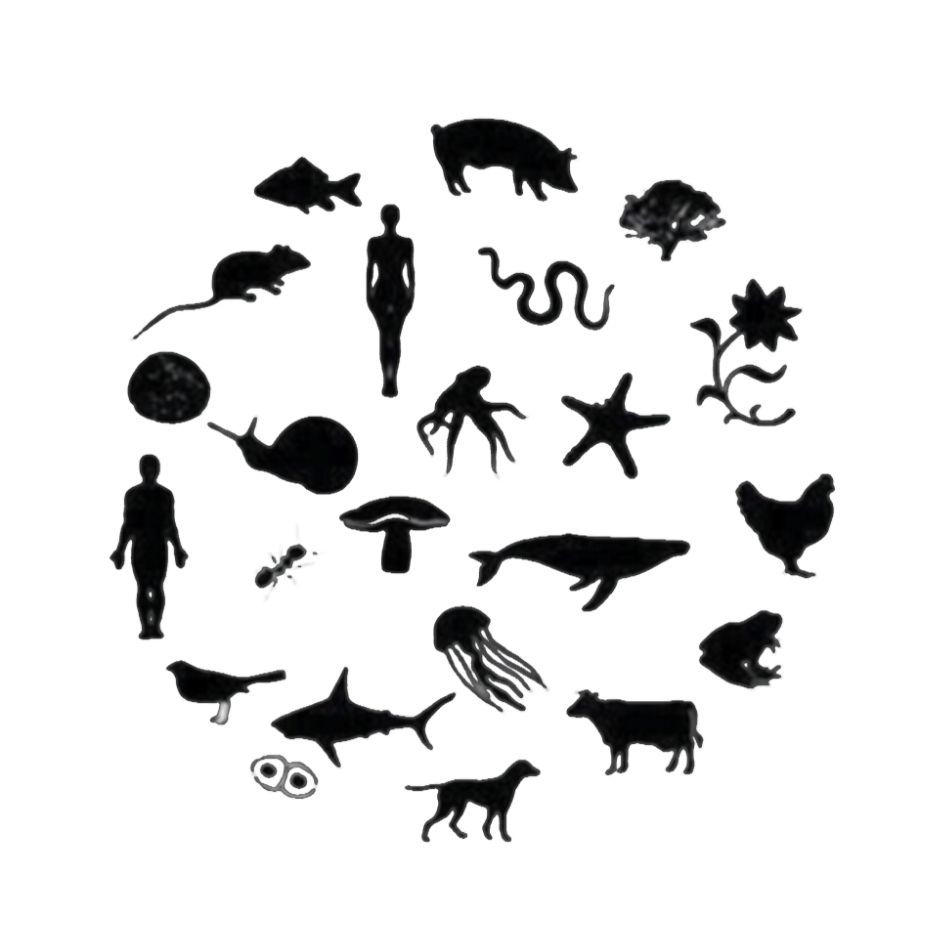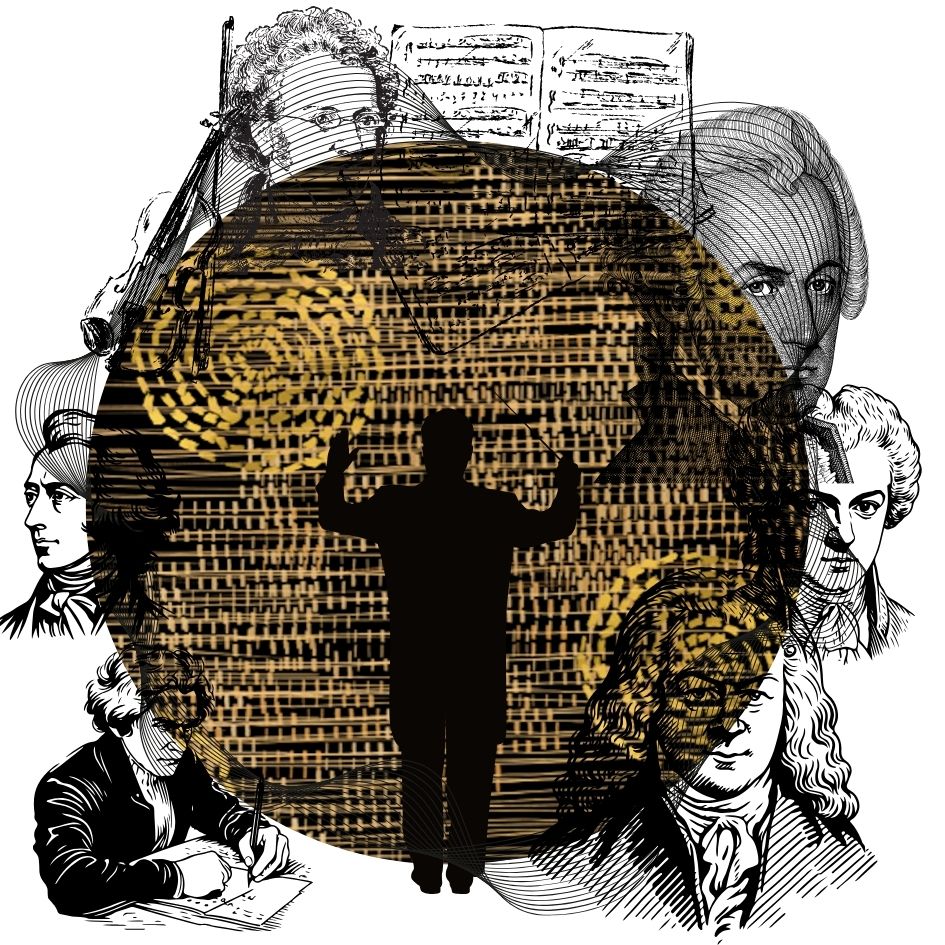As part of my doctoral work at Brandeis University, I also pursued a Master’s in Women’s, Gender, and Sexuality Studies, where I conducted qualitative research in form of interviews with women and genderqueer instrumental performer to understand how beauty standards impact their lives. My thesis is titled “The Pure Musical Vessel: Shaping Beauty Standards for Young Women and Genderqueer Instrumental Performers,” and I am currently rewriting it as an article for publication.
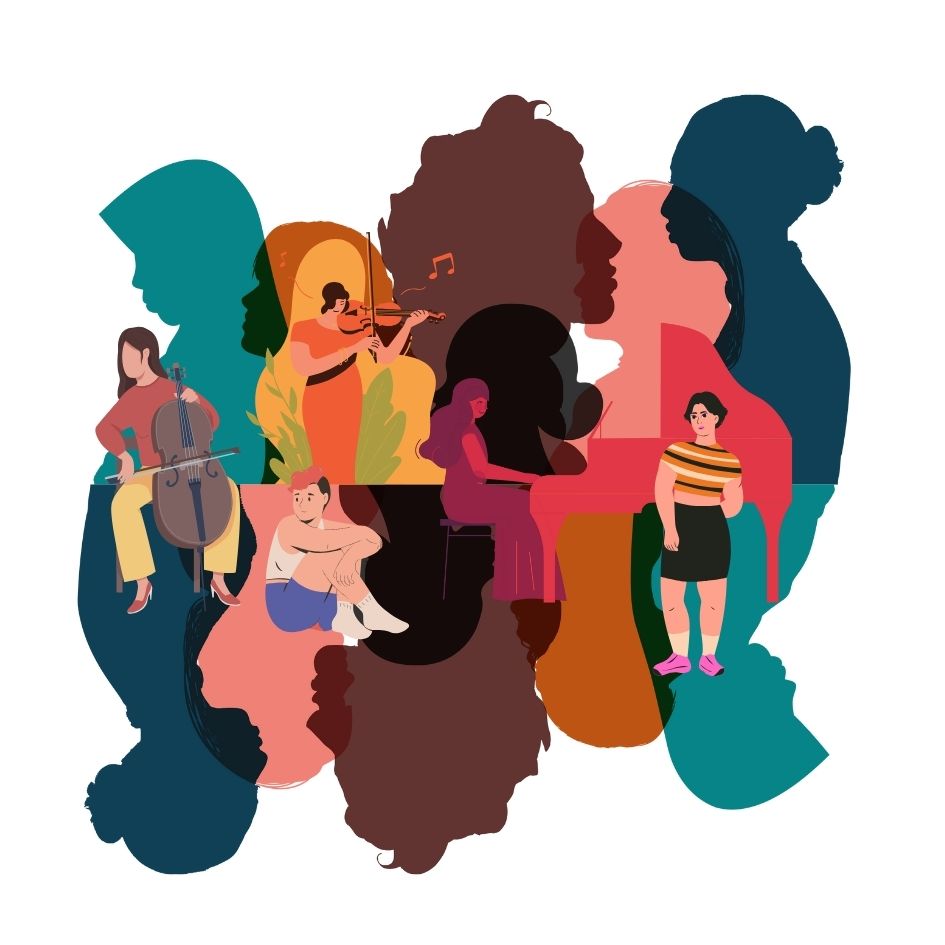
This article centers on uncovering visible and invisible fatphobic biases that shape the careers of women and gender queer instrumental performers. Through qualitative research in the form of interviews, I explore the relationship between body image, beauty standards, gender expression, and successful careers in music. My aim is to expose the stigma that women and genderqueer performers continuously experience during their training and careers because of gendered beauty standards that are perpetuated within western classical music spaces. I discuss how body image biases are filtered through the lens of gender, class, and race; and I critically engage with the neoliberal framing of individuals’ successes, which functions via the myth of meritocracy, while also drawing parallels between “making it” as a performer, and “achieving” a thin body as a woman and genderqueer person. Ultimately, I argue that in order to address gender, race, and class discrimination in classical music, it will also be necessary to address the role that fatphobia has in cutting careers short and making musicians’ lives impossible.
This work is rooted in my experience as a performer navigating fat phobic spaces, and as result developing an eating disorder and body dysmorphia. If you are wondering about ways you might start dismantling internalized body hatred and judgment there are many resources. Here are some of the books, songs, movies, initiatives, and healing practices that have helped me and countless other people to heal from “body perfection culture” and unattainable & fake beauty standards.
If you are experiencing any internalized body shaming, find support and start the healing process. There are many resources out there, and I will list some of my favorite below. Some of the practices that we can start incorporating in our daily life are:
- Celebrate ALL bodies, and find beauty in diversity.
- Stop connecting thinness to health and fatness to disease, inform yourself on bodies across the world, and challenge photoshopped images as the end goal.
- Not shaming each other or ourselves for what we are eating
- Practice intuitive eating and relating to food in an accepting way
- Labeling food as nutritious and energy, and not as “good” and “bad” foods
- Exercise can be a form of punishment, it’s healing to practice movement that feels good in our body without the goal attached to loose weight
- Any kind of food shaming and food comment of other’s behavior is a form of abuse and causes long term trauma
- Read books that can help you challenge internalized judgments and change the way you talk about your and other’s people’s bodies
- Diets don’t work for long term loss, there is an enormous amount of evidence, read and inform yourself before trying the next one.
Books
My current favorites books on the subject (in not any particular order) are:
Organizations
There are also incredibly beautiful organizations that are working towards fostering body acceptance and celebration. One of my favorites is Everybody is a Treasure, created by somatic ecotherapist Mandi Lynn, who recently directed a documentary called Finding Venus (watch the trailer here). Mandi is leading forward this project where she photographs women’s busts, and then puts them all alongside each other, to show the world what real non-photoshopped bodies look like. This is stemming from her niece asking her at age 5 if she was fat, and Mandi trying to find yet another way to challenge fat phobia and body shaming. Here 320 women have already come together, and Mandi’s goal is to collect 600 photographs, which is the amount of images that we see per day.
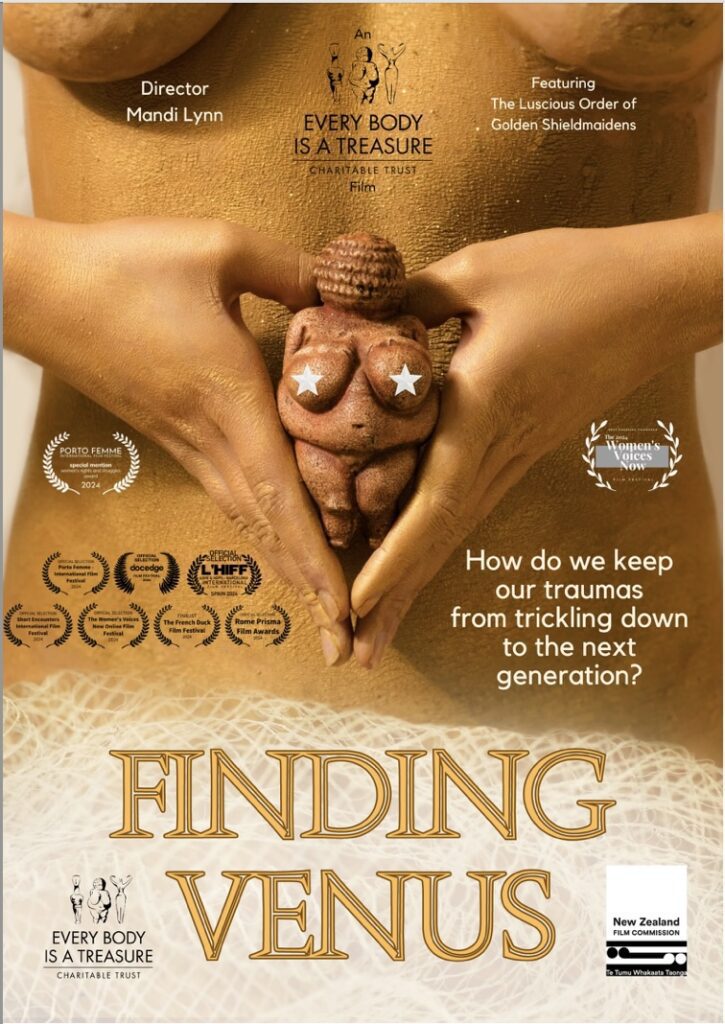
Music
These are some of the songs that are most healing through my body self-acceptance journey. Many of them went viral on TikTok during the Covid-19 pandemic and moved tons of people towards body acceptance and also gender queer inclusivity.
And check out this playlist I made on Spotify. Dancing to some of these songs were among the things that helped the most to feel safer in my body. Dancing can be such a healing practice, especially if like me, you didn’t do it because of feeling ashamed about your body.
Explore my other research projects…


